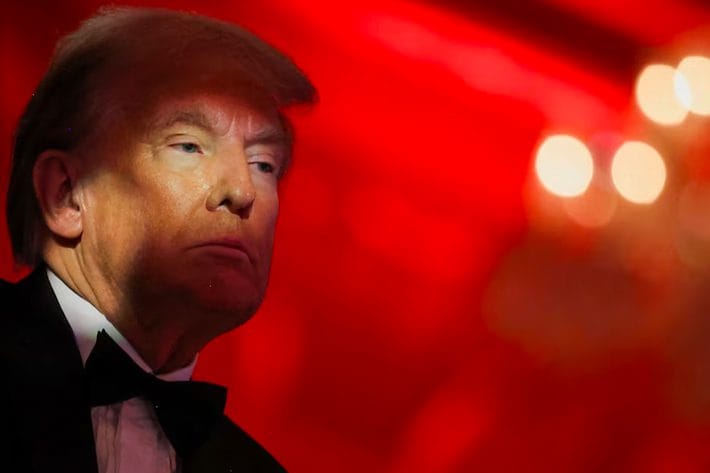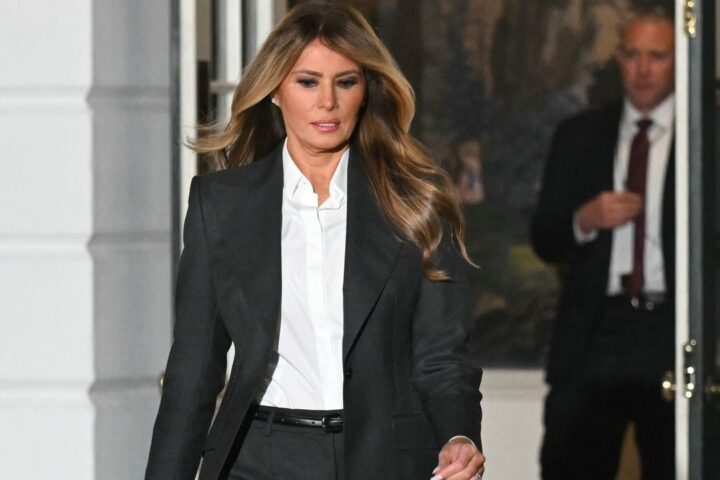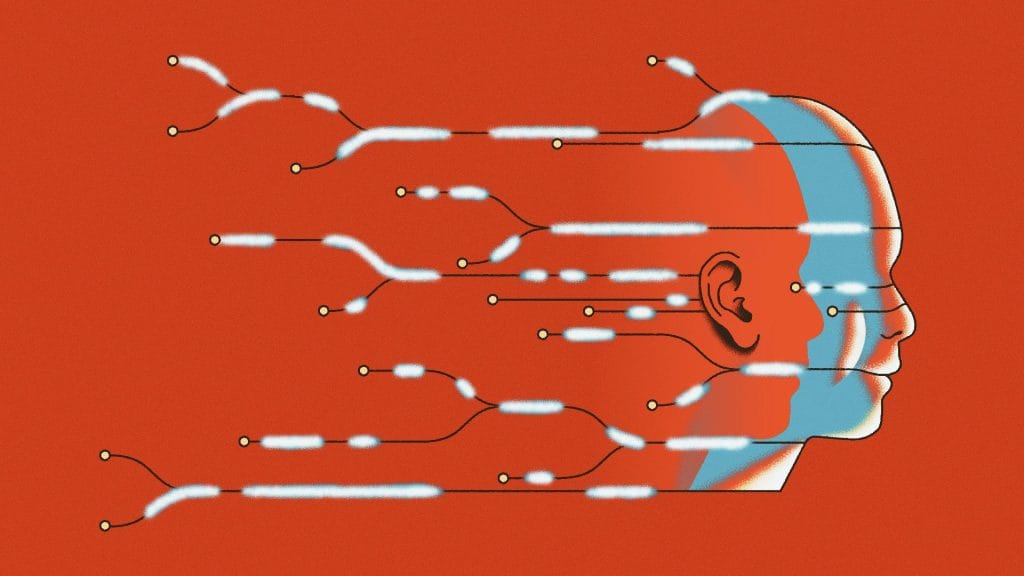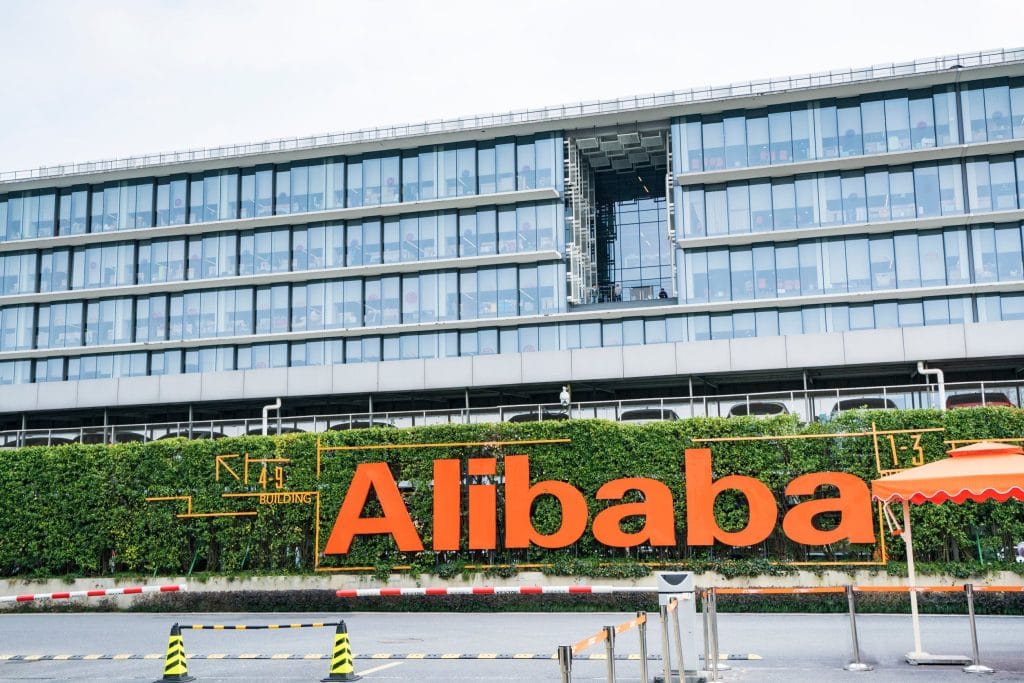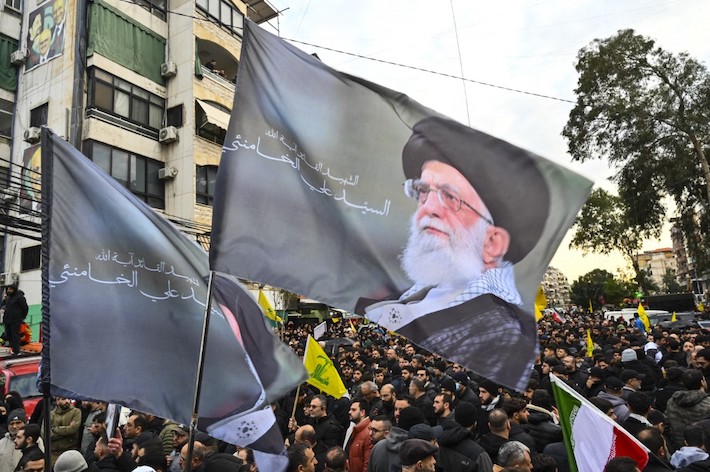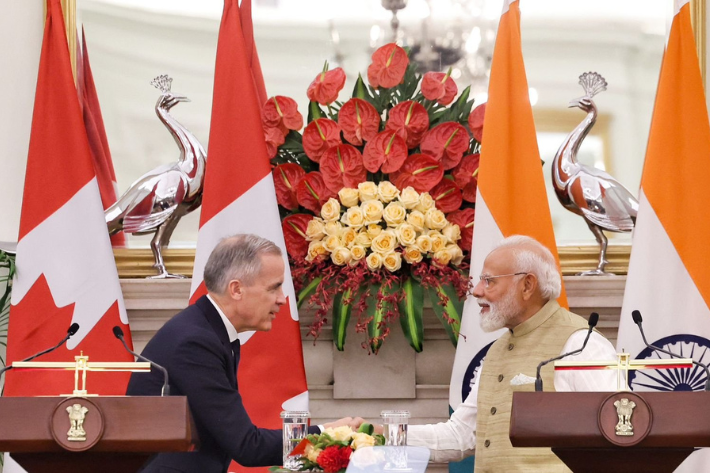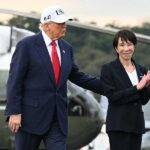Incoming U.S. President Trump will strengthen his stance on China, especially regarding electric vehicles (EVs) and critical mineral supply chains.
A document seen by Reuters showed that Trump's transition team recommended tightening the blockade of Chinese cars, parts and battery materials.
The transition team also wants to redirect federal funding currently used to build charging stations and make electric vehicles affordable into defense priorities, including ensuring supplies of batteries and critical minerals needed to make them are not influenced by China.
AF also reports: Amid tariff dispute, Trump “invites China’s Xi Jinping to take office”
The document says that while batteries, minerals and other EV parts are “vital to defense production,” EVs “and charging stations are not.”
The moves are part of a larger plan by the US president-elect's transition team to overhaul outgoing Joe Biden's administration's ambitious electric vehicle transition plan.
The proposals stand in stark contrast to the policies of the Biden administration, which seeks to balance encouraging a domestic battery supply chain independent of China with a rapid transition to electric vehicles.
Many of the transition team's proposals appear aimed at encouraging domestic battery production, primarily for defense-related benefits. Other measures appear aimed at protecting U.S. automakers, even those making electric vehicles.
As part of that effort, the transition team recommended imposing tariffs on all battery materials globally and then negotiating individual exemptions with allies.
The team recommended imposing tariffs on imported products from the “electric vehicle supply chain,” including batteries, critical minerals and charging components. The government should use Section 232 tariffs targeting national security threats to restrict imports of such products, the report said.
The products will include lithium-ion batteries, graphite and “permanent magnets” used in electric vehicle motors and military applications.
South Korea also has its ups and downs
The proposals come from the Trump transition team, which is tasked with developing strategies for quickly implementing new auto policies.
The team also calls for eliminating the Biden administration's $7,500 tax credit for consumers on electric vehicle purchases.
The policies could hit U.S. electric vehicle sales and production at a time when many traditional automakers, including General Motors and South Korea's Hyundai, have recently introduced a wider range of electric products to the U.S. market.
A rollback of Biden's policies would particularly hurt South Korea, which has become the largest investor in the U.S., focusing on its transition to electric vehicles.
Biden has committed billions of dollars to the clean energy transition under his Inflation Reduction Act (IRA), and Korean automakers and battery companies are among the biggest beneficiaries of these subsidies.
The push reportedly means South Korea has invested up to $56 billion in the U.S. during Biden's term South Korea's “Central Daily News” cited data.
Trump also promised to impose 10-20% tariffs on imported cars, which will further hurt South Korea. According to Korea Economic Daily (KED)Last year, the United States accounted for 47.3% of South Korea's total automobile exports. These exports amounted to US$108.2 billion.
KED said that if these tariffs are implemented, Hyundai Motor and Kia Motors will lose an additional $286 million and $143 million per month, respectively.
Climate takes a backseat
In addition to cutting government support for electric vehicles, the transition team's recommendations would allow automakers to build more gasoline-powered vehicles.
The team wants to lower emissions and fuel economy standards advocated by the Biden administration to 2019 levels.
This would increase emissions per vehicle mile by approximately 25% on average over current 2025 limits and reduce average fuel economy by approximately 15%.
The proposal also recommends preventing California from setting its own stricter vehicle emissions standards, which more than a dozen other states have already adopted. Trump barred California from enacting stricter requirements during his first term, a policy Biden reversed.
Trump transition spokesperson Carolyn Leavitt said voters gave Trump a mandate to deliver on campaign promises, including ending the government's attack on gasoline-powered cars.
“President Trump will support the auto industry and make room for gasoline-powered and electric vehicles as he takes office,” Levitt said in a statement.
- Reuters, with additional editing and input by Vishakha Saxena
